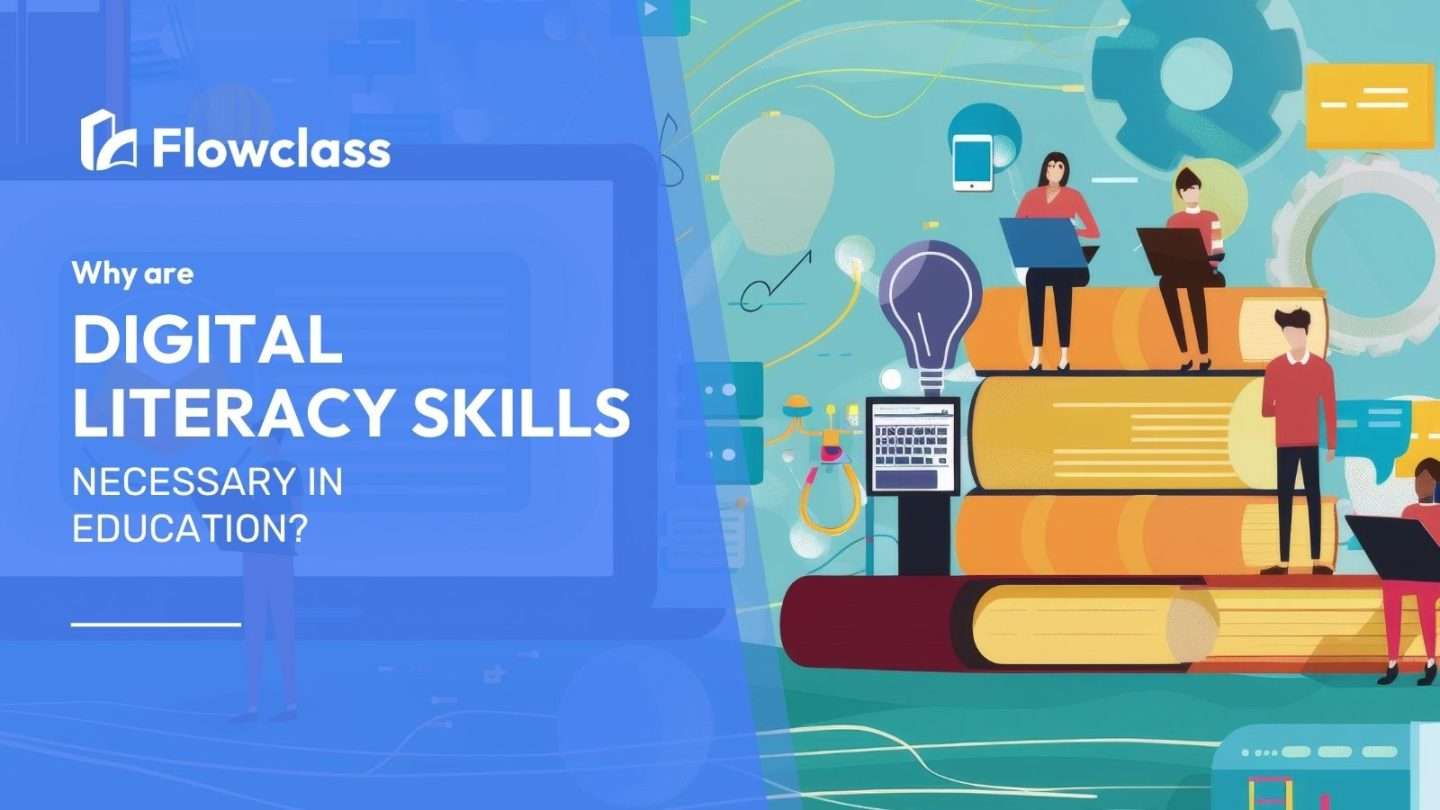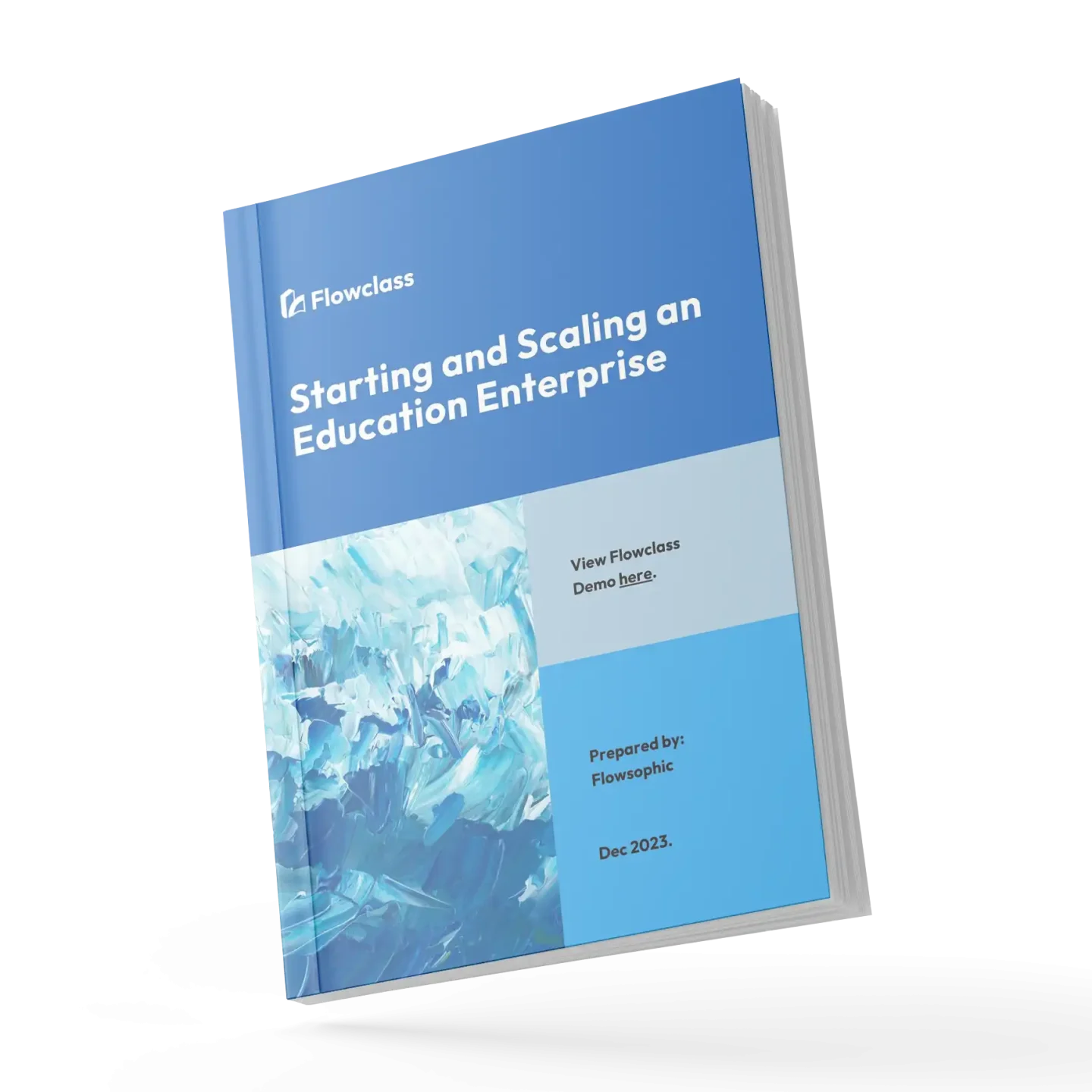In today’s digital age, digital literacy skills have become a fundamental necessity in education. As technology continues to advance and become an integral part of our daily lives, it is crucial for students to develop the skills needed to navigate and thrive in a digital world. From conducting research online to collaborating with peers using digital tools, the ability to effectively use technology is vital for success in the 21st century.
Digital literacy skills encompass a wide range of abilities, including understanding how to find, evaluate, and use information online, as well as the ability to communicate and collaborate using digital platforms. These skills empower students to be critical thinkers, problem solvers, and lifelong learners. They also open up new and exciting opportunities for learning and innovation.
Educators play a crucial role in cultivating digital literacy skills in students. By integrating technology into the curriculum and providing guidance and support, educators can help students develop the skills they need to navigate the digital landscape effectively.
In this article, we will explore why digital literacy skills are necessary in education and discuss the benefits they bring to students and educators. Let’s dive in and discover the power of digital literacy in education.
Definition of digital literacy skills
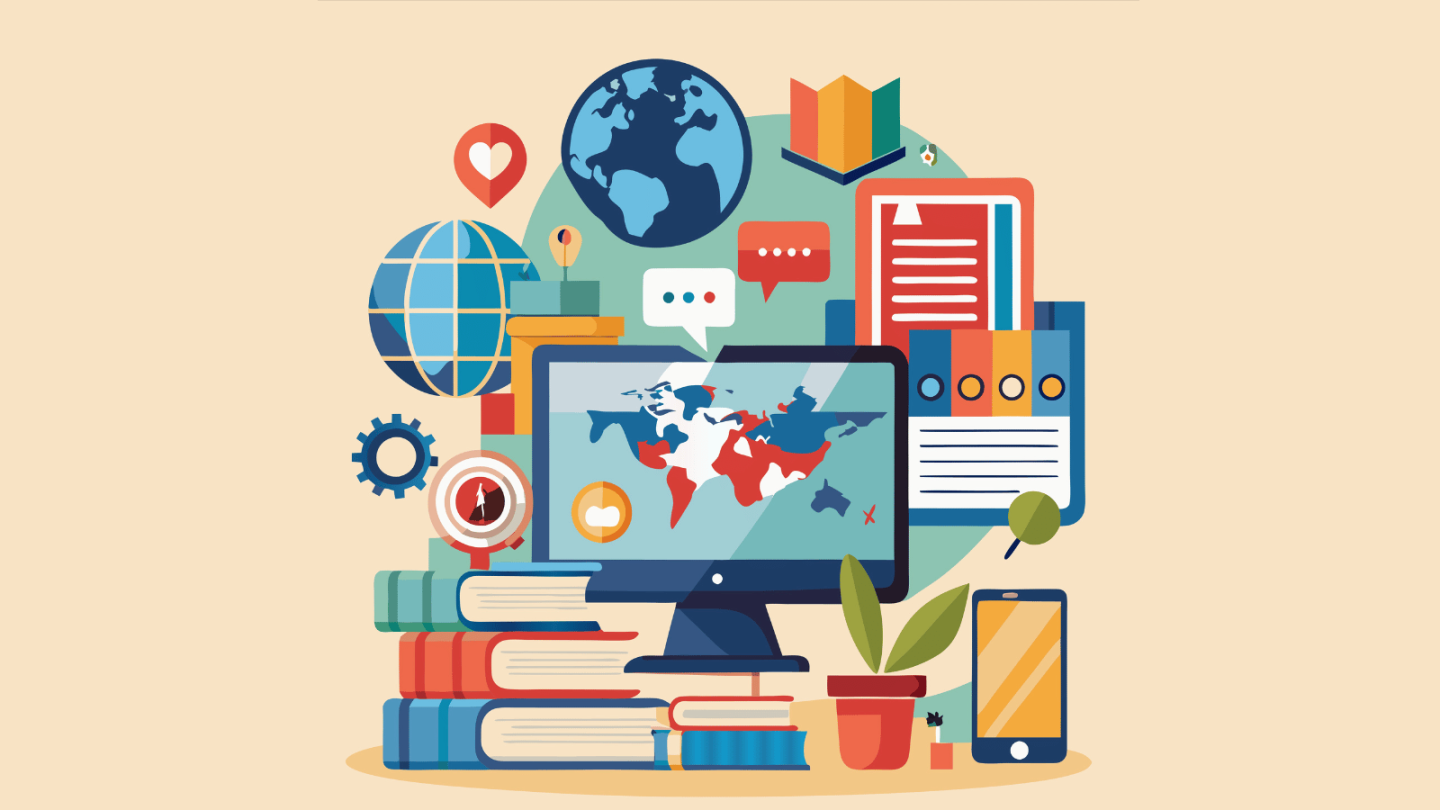
Digital literacy skills refer to the set of abilities and competencies required to effectively navigate, understand, and utilize digital technologies in various aspects of life. These skills encompass a wide range of capabilities, including the ability to access, evaluate, create, and communicate information using digital platforms and tools.
At the core of digital literacy skills is the understanding of how digital technologies work and how to leverage them to enhance learning, productivity, and communication. This includes the ability to use productivity software, such as word processors, spreadsheets, and presentation tools, as well as the skills to navigate the internet, search for and evaluate online information, and use social media and collaborative platforms effectively.
Additionally, digital literacy skills involve the capacity to think critically about the digital world, to recognize and mitigate online risks, and to use technology responsibly and ethically. This encompasses skills such as online safety, digital citizenship, and the ability to discern reliable from unreliable sources of information. Digital literacy is not just about technical proficiency but also about developing the cognitive and social-emotional skills needed to thrive in a digital environment.
Importance of implementation of technology in education
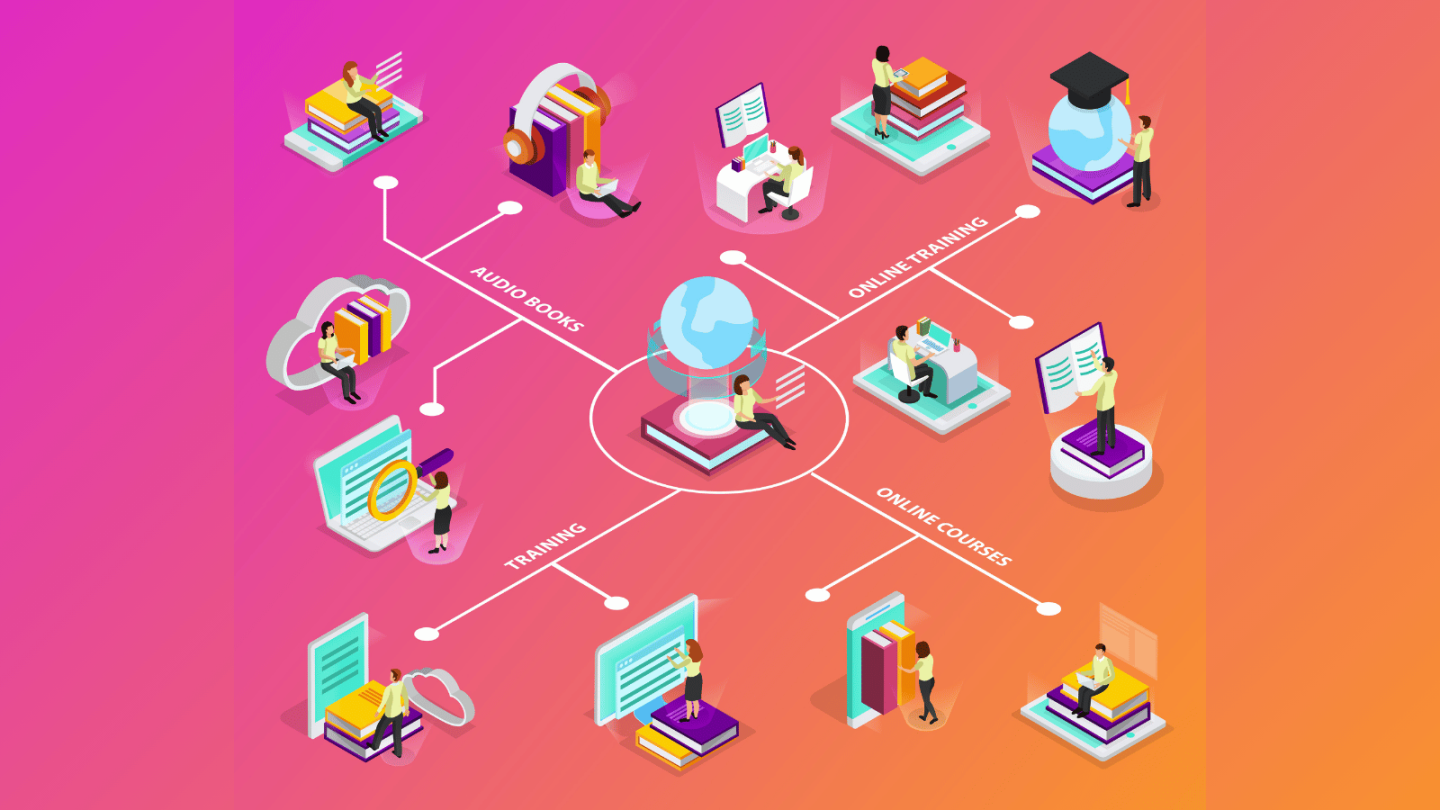
In today’s digital age, the importance of digital literacy skills in education cannot be overstated. As technology becomes increasingly integrated into every aspect of our lives, the ability to effectively use and navigate digital tools and resources has become a fundamental requirement for success in both academic and professional settings.
One of the primary reasons digital literacy skills are crucial in education is the way they empower students to access, process, and utilize information. With vast amounts of information available online, students must be able to efficiently search for, evaluate, and synthesize relevant data to support their learning and research. Digital literacy skills enable students to become independent and self-directed learners, allowing them to take control of their educational journey and explore topics that interest them.
Furthermore, digital literacy skills are essential for effective communication and collaboration in the digital age. Students need to be able to use various digital tools, such as video conferencing, online collaboration platforms, and social media, to engage with their peers, share ideas, and work together on projects. These skills not only enhance academic performance but also prepare students for the demands of the modern workplace, where the ability to collaborate and communicate effectively using digital technologies is highly valued.
The impact of technology on education
The integration of technology in education has had a profound impact on the way students learn and the way educators teach. The rapid advancements in digital technologies have transformed the educational landscape, opening up new opportunities and challenges for both students and teachers.
One of the most significant impacts of technology on education is the increased access to information and learning resources. The internet has made a vast array of educational content, from online courses and virtual libraries to interactive simulations and educational videos, readily available to students. This has revolutionized the way students can engage with and acquire knowledge, allowing them to learn at their own pace and explore topics in depth.
Furthermore, the integration of technology in the classroom has enabled more personalized and adaptive learning experiences. Digital tools and platforms can collect and analyze student data, providing educators with insights into individual learning styles and progress. This allows teachers to tailor their instruction and provide targeted support to meet the unique needs of each student, fostering a more inclusive and engaging learning environment.
However, the impact of technology on education has also brought about new challenges. The rapid pace of technological change can be overwhelming for both students and educators, who must continuously adapt to new tools and platforms. Additionally, the proliferation of online information has highlighted the importance of critical thinking and digital literacy skills, as students must learn to navigate and evaluate the credibility of online sources. Addressing these challenges is crucial for ensuring that the benefits of technology in education are fully realized.
What skills should students learn in order to adapt?
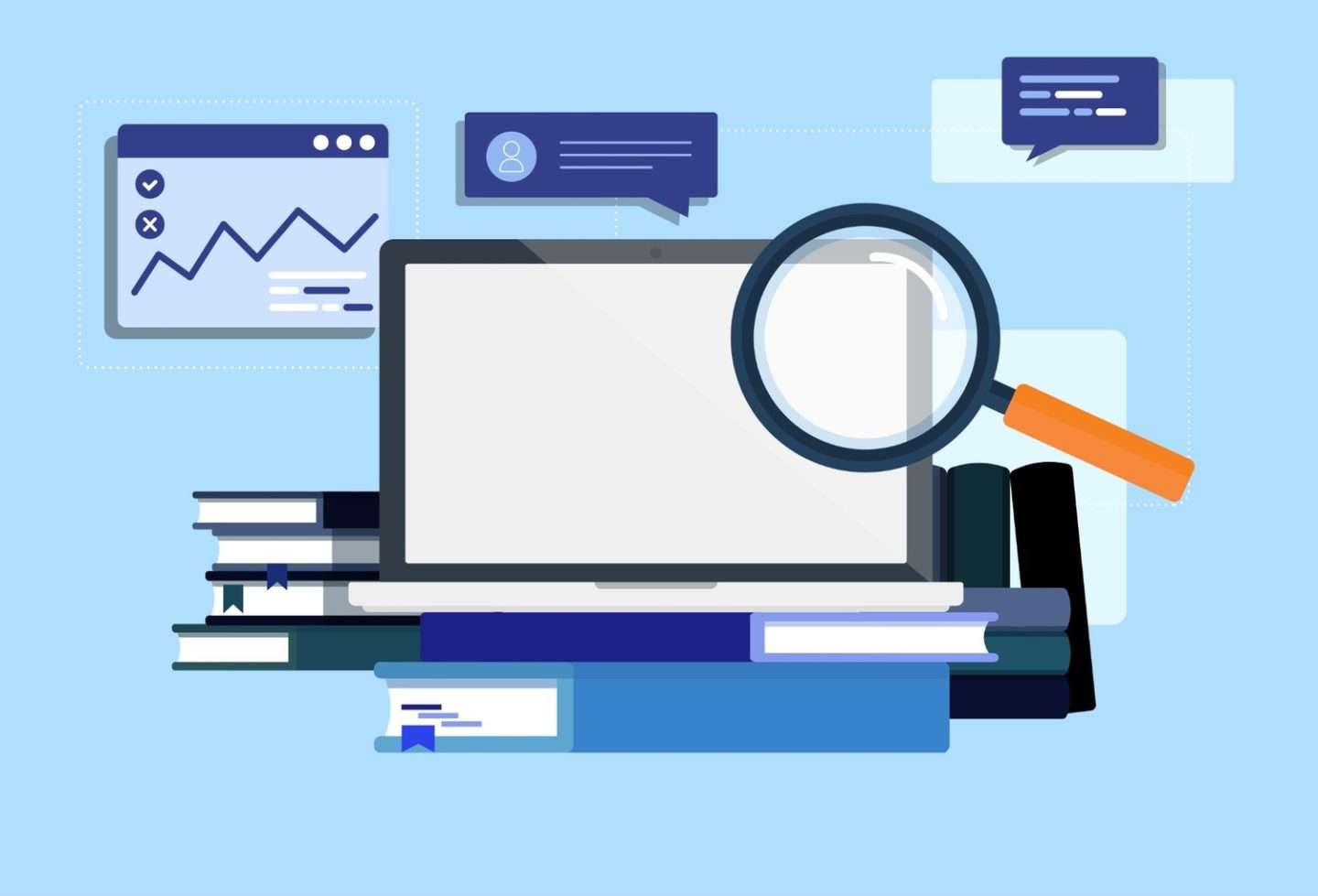
As digital technologies become increasingly integrated into the educational landscape, the development of digital literacy skills among students has become a crucial priority. These skills empower students to navigate the digital world effectively, enhance their learning experiences, and prepare them for success in the 21st-century workforce.
One of the core digital literacy skills for students is the ability to effectively search for, evaluate, and utilize online information. Students must learn how to identify reliable sources, critically analyze the credibility and relevance of online content, and synthesize information from multiple digital resources to support their learning and research. This skill set not only enhances academic performance but also fosters essential critical thinking and problem-solving abilities.
In addition to information literacy, students must also develop proficiency in using a variety of digital tools and platforms for communication, collaboration, and content creation. This includes the ability to use productivity software, such as word processors, spreadsheets, and presentation tools, as well as the skills to engage in virtual discussions, participate in online group projects, and create multimedia content. These skills are not only valuable in the academic setting but also prepare students for the demands of the modern workplace, where teamwork and digital collaboration are increasingly the norm.
Furthermore, digital literacy for students encompasses an understanding of digital citizenship and online safety. Students must learn how to navigate the digital landscape responsibly, protect their personal information, and engage with others online in an ethical and respectful manner. This includes skills such as identifying and mitigating cybersecurity threats, recognizing and responding to online harassment or bullying, and maintaining a positive digital footprint.
Digital literacy skills for teachers
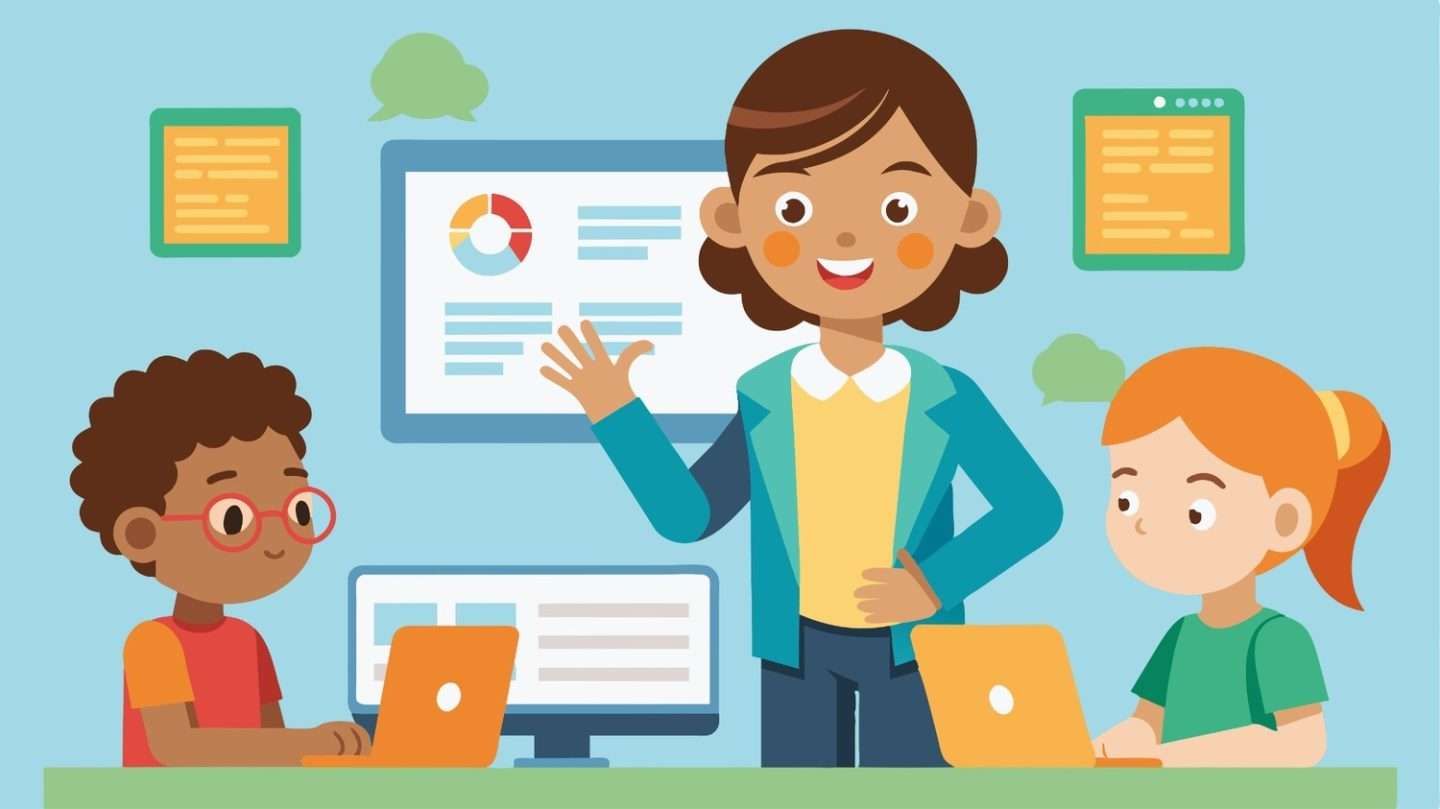
In the digital age, the role of teachers has evolved to include the development and integration of digital literacy skills within the educational process. As technology becomes an integral part of the classroom, teachers must possess a comprehensive set of skills to effectively facilitate learning and prepare students for success in the 21st century.
One of the critical digital literacy skills for teachers is the ability to effectively utilize a wide range of digital tools and platforms for instruction and classroom management. This includes proficiency in using productivity software, learning management systems, video conferencing tools, and various educational apps and websites. By mastering these skills, teachers can create engaging, interactive, and personalized learning experiences that cater to the diverse needs and learning styles of their students.
In addition to technical proficiency, teachers must also develop the ability to evaluate and curate digital resources. With the vast amount of information available online, teachers must be able to assess the credibility, accuracy, and relevance of digital content to ensure that they are providing students with reliable and appropriate learning materials. This skill set also involves the ability to adapt and modify digital resources to align with specific learning objectives and the unique needs of their students.
Moreover, digital literacy for teachers encompasses the skills to effectively integrate technology into the curriculum and pedagogical practices. This includes the ability to design lesson plans that seamlessly incorporate digital tools and platforms, as well as the capacity to model and guide students in the use of these technologies. By demonstrating and fostering such skills in the classroom, teachers can empower students to become independent, self-directed learners who can navigate the digital world with confidence.
Integrating digital literacy skills in the curriculum
Integrating digital literacy skills into the curriculum is a crucial step in ensuring that students are equipped with the necessary skills to succeed in the digital age. This process requires a comprehensive and strategic approach that involves collaboration between educators, school administrators, and educational policymakers.
One of the key aspects of integrating such skills into the curriculum is the development of a clear and coherent digital literacy framework. This framework should outline the specific skills and competencies that students need to acquire at each grade level, ensuring a systematic and scaffolded approach to the development of digital literacy. This framework should also be aligned with broader educational goals and standards, ensuring that digital literacy is not treated as a standalone subject but rather as an integral part of the overall learning experience.
In addition to the development of a digital literacy framework, educators must also be provided with the necessary professional development and support to effectively integrate these skills into their teaching practices. This may involve training on the use of digital tools and platforms, as well as guidance on effective pedagogical strategies for incorporating information learning into subject-specific instruction. By empowering teachers with the knowledge and skills to integrate information learning, schools can ensure that students receive consistent and high-quality instruction in this critical area.
Furthermore, the integration of digital literacy skills into the curriculum should be accompanied by the provision of appropriate digital resources and infrastructure. This includes ensuring that schools have access to reliable and high-speed internet, as well as a range of digital devices and platforms that students can use to develop and apply their digital literacy skills. By investing in the necessary technological resources, schools can create an environment that supports the development of digital literacy and prepares students for the demands of the 21st-century workforce.
Resources for developing digital literacy skills
As the importance of digital literacy skills in education continues to grow, a wide range of resources have emerged to support the development of these essential competencies. These resources span a variety of formats and platforms, catering to the diverse needs and preferences of both students and educators.
One of the most readily available and accessible resources for developing digital literacy skills are online tutorials and educational platforms. Websites such as Coursera, Udemy, and edX offer a vast array of courses and learning modules that cover a wide range of digital literacy topics, from basic computer skills to advanced data analysis and programming. These resources often feature interactive lessons, hands-on projects, and assessments, allowing learners to develop and demonstrate their digital literacy skills at their own pace.
In addition to online courses, many educational organizations and technology companies have developed comprehensive digital literacy curricula and lesson plans that can be integrated into classroom instruction. These resources often include lesson plans, activities, and assessment tools that are aligned with educational standards and can be easily adapted to meet the specific needs of different grade levels and subject areas. By leveraging these ready-made resources, educators can save time and ensure that their digital literacy instruction is both effective and engaging for students.
Furthermore, many schools and districts have implemented dedicated digital literacy programs or workshops that provide students with targeted support and guidance in developing their digital skills. These programs may involve hands-on workshops, mentorship opportunities, or collaborative projects that allow students to apply their digital literacy skills in real-world scenarios. By creating dedicated spaces for digital literacy development, schools can ensure that students have the support and resources they need to thrive in the digital age.
Challenges and solutions in promoting digital literacy skills in education
While the importance of digital literacy skills in education is widely recognized, there are several challenges that schools and educators must navigate in order to effectively promote and develop these essential competencies. Understanding and addressing these challenges is crucial for ensuring that all students have access to the digital literacy skills they need to succeed in the 21st century.
One of the primary challenges in promoting digital literacy skills is the issue of digital equity and access. Not all students have equal access to digital technologies and high-speed internet, which can create significant disparities in the development of digital literacy skills. This digital divide can be particularly pronounced in underserved or low-income communities, where the lack of technological resources and infrastructure can hinder students’ ability to acquire and apply digital literacy skills.
To address this challenge, schools and districts must invest in initiatives that aim to bridge the digital divide, such as providing laptops or tablets to students, ensuring reliable and high-speed internet access in all classrooms, and offering digital literacy training and support to families and communities. By ensuring equitable access to digital technologies and resources, schools can create a more inclusive and supportive environment for the development of digital literacy skills.
Another challenge in promoting digital literacy skills is the rapid pace of technological change, which can make it challenging for educators to keep up with the latest tools, platforms, and best practices. Continuously updating curriculum, professional development, and instructional strategies to reflect the evolving digital landscape can be a significant undertaking for schools and districts.
To address this challenge, schools should prioritize ongoing professional development for teachers, providing them with the necessary training and support to adapt to new digital technologies and pedagogical strategies. Additionally, schools can foster collaborative learning communities among educators, where they can share best practices, troubleshoot challenges, and collectively navigate the evolving digital landscape. By empowering teachers with the knowledge and resources they need, schools can ensure that digital literacy instruction remains relevant and effective.
The role of parents and communities in supporting digital literacy skills
The development of digital literacy skills in education is not solely the responsibility of schools and educators. Parents and the broader community also play a crucial role in supporting and reinforcing these essential competencies. By working together, schools, families, and communities can create a comprehensive and supportive ecosystem that enables students to thrive in the digital age.
Parents play a pivotal role in fostering digital literacy skills at home. By modeling responsible and effective use of digital technologies, parents can help children develop a positive and informed relationship with technology. This includes teaching children how to navigate the internet safely, how to critically evaluate online information, and how to use digital tools for learning and communication. Parents can also support their children’s digital literacy development by encouraging them to participate in school-based digital literacy initiatives and by providing access to digital resources and learning opportunities at home.
Beyond the home environment, the broader community can also contribute to the development of digital literacy skills. Public libraries, community centers, and youth organizations can offer digital literacy workshops, coding classes, and other educational programs that complement the efforts of schools. These community-based initiatives can be particularly valuable in reaching underserved populations and ensuring that all students have access to the resources and support they need to develop their digital literacy skills.
Furthermore, businesses and industry partners can play a role in supporting digital literacy education by providing internships, mentorship programs, and real-world learning opportunities for students. By collaborating with schools and educators, these community stakeholders can help students apply their digital literacy skills in practical, career-oriented contexts, preparing them for the demands of the 21st-century workforce.
Conclusion: The future of education and the need for digital literacy skills
As we look towards the future, it is clear that digital literacy skills will continue to be a fundamental requirement for success in both academic and professional settings. The rapid pace of technological change and the increasing integration of digital technologies into every aspect of our lives make the development of these essential competencies more crucial than ever before.
In the years to come, the educational landscape will likely continue to evolve, with technology playing an even more central role in the learning process. Students will need to be equipped with the ability to navigate and thrive in this digital environment, leveraging a wide range of digital tools and platforms to access information, collaborate with peers, and demonstrate their knowledge and skills.
To meet the demands of this digital future, schools and educators must prioritize the integration of digital literacy skills into the curriculum, providing students with the necessary knowledge, skills, and mindsets to succeed in the 21st century. This will require a comprehensive and strategic approach that involves the development of robust digital literacy frameworks, the provision of ongoing professional development for teachers, and the creation of equitable access to digital technologies and resources.
Moreover, the role of parents and the broader community will become increasingly important in supporting the development of digital literacy skills. By working together, schools, families, and community stakeholders can create a supportive ecosystem that empowers students to become confident and responsible digital citizens, capable of navigating the challenges and opportunities of the digital age.
As we embrace the future of education, it is clear that digital literacy skills will be the foundation upon which students build their academic and professional success. By prioritizing the development of these essential competencies, we can ensure that our students are prepared to thrive in a rapidly evolving digital landscape, and that they are equipped with the knowledge, skills, and mindsets needed to shape the future of our world.
📣 Want to read more of our articles? Check out our Flowclass blogs!

